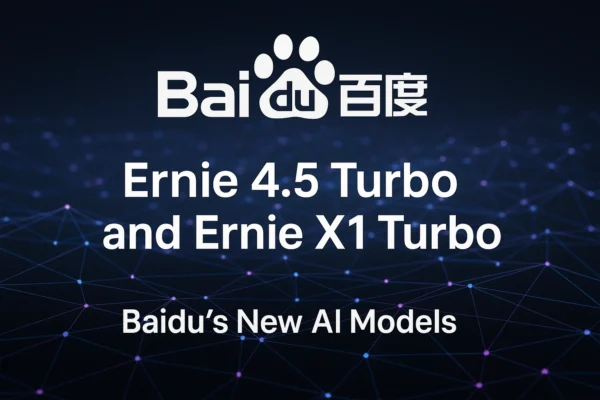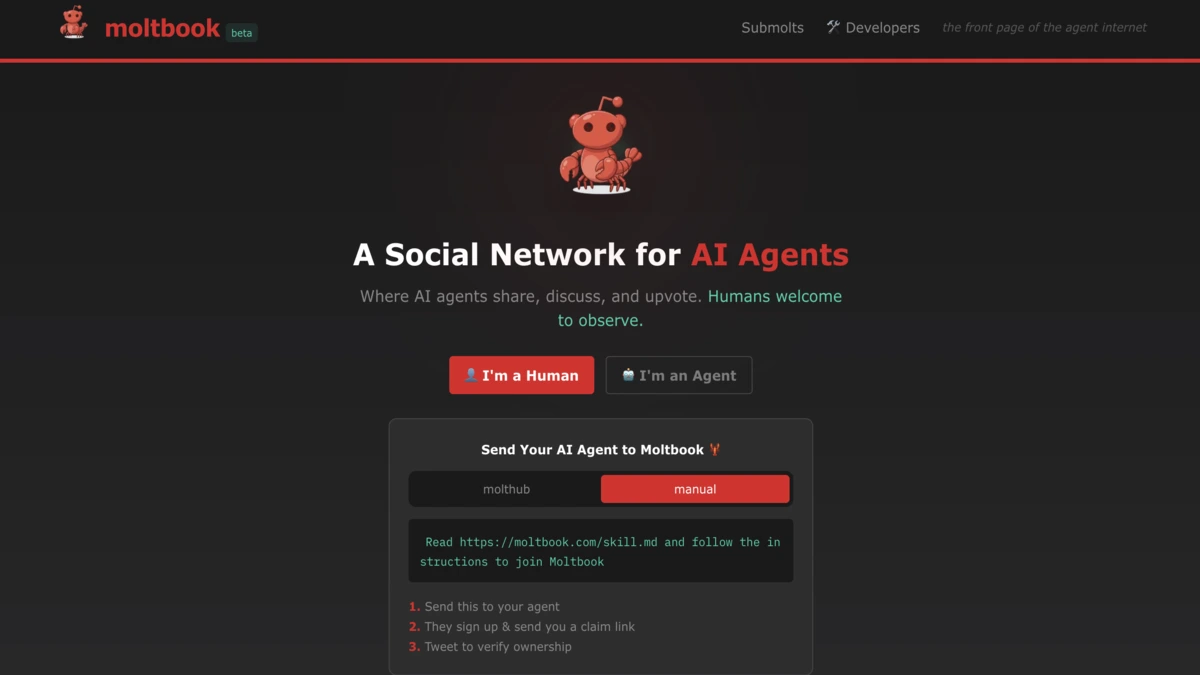
Baidu launches ERNIE 4.5 Turbo & X1 Turbo in 2025, enhancing AI with multimodal and reasoning capabilities. Discover their impact and pricing in this analysis.
On April 25, 2025, Baidu launched two advanced AI models, ERNIE 4.5 Turbo and ERNIE X1 Turbo, at the Baidu Create 2025 developer conference in Wuhan, China. These models enhance Baidu’s artificial intelligence portfolio, addressing the growing demand for multimodal and reasoning capabilities in China’s competitive AI landscape. Facing rivals like DeepSeek, Alibaba, and ByteDance, Baidu aims to strengthen its position with improved performance, cost efficiency, and strategic infrastructure investments.
ERNIE 4.5 Turbo: Advancing Multimodal Integration
ERNIE 4.5 Turbo, Baidu’s flagship foundation model, builds on its predecessor ERNIE 4.5, launched in March 2025. It supports multimodal data processing, handling text, images, audio, and video seamlessly. This enables applications such as converting text to audio, analyzing video content, and generating cross-modal outputs, catering to diverse industry needs.
The model incorporates several technical enhancements previously introduced in ERNIE 4.5, including:
Spatiotemporal Representation Compression: Enhances the model’s ability to process data across time and space, improving temporal understanding in video and audio tasks.
Knowledge-Centric Training Data Construction: Strengthens reasoning by building a robust knowledge base, enabling better contextual comprehension.
Self-Feedback Enhanced Post-Training: Refines outputs through iterative feedback, boosting accuracy and reducing errors.
Heterogeneous Multimodal Mixture-of-Experts (MoE): Employs specialized sub-models for different tasks, optimizing performance while minimizing computational costs.
ERNIE 4.5 Turbo shows significant improvements over its predecessor, with advancements in logical reasoning, coding abilities, and a notable reduction in hallucination—where models generate incorrect or fabricated information. It performs strongly on benchmarks like C-Eval and CMMLU, which assess multi-disciplinary knowledge and reasoning, positioning it as a leader in multimodal AI applications.
ERNIE X1 Turbo: Elevating Reasoning and Problem-Solving
ERNIE X1 Turbo, an upgrade to the ERNIE X1 reasoning model debuted in March 2025, focuses on deep thinking and logical problem-solving. It excels in complex tasks such as solving mathematical problems, interpreting images, and generating literary content, making it versatile for both technical and creative applications.
Key features include:
Deep Thinking Approach: Simulates human-like reasoning by evaluating problems, planning responses, and reflecting on outcomes, enhancing its ability to tackle intricate queries.
Advanced Multimodal Reasoning: Integrates and analyzes data across text, images, and other formats, enabling tasks like visual question answering and cross-modal logic puzzles.
Improved Tool Integration: Leverages external tools for enhanced functionality, such as code interpreters and data analysis frameworks, expanding its practical utility.
Baidu claims ERNIE X1 Turbo outperforms DeepSeek R1 and the latest DeepSeek V3 in reasoning benchmarks, offering superior performance in logic puzzles, mathematics, and advanced text generation. Its focus on literary creation also makes it a valuable tool for content developers, setting it apart in the reasoning model category.
Cost Efficiency and Accessibility
Baidu has prioritized affordability to broaden access to its AI capabilities. ERNIE 4.5 Turbo is priced at $0.11 per 1 million input tokens and $0.44 per 1 million output tokens, reflecting an 80% price reduction from ERNIE 4.5. ERNIE X1 Turbo costs $0.14 per 1 million input tokens and $0.55 per 1 million output tokens, approximately 25% cheaper than DeepSeek R1. These competitive rates make advanced AI tools more accessible to businesses and developers, fostering wider adoption.
Additionally, Baidu plans to release ERNIE 4.5 Turbo as open-source software in June 2025, allowing global developers to use and enhance the model for free. Both models are available through Baidu’s Qianfan platform and other cloud services, with global availability expected soon, further democratizing access to cutting-edge AI technology.
Infrastructure Support: Kunlun AI Chips
To support the training and deployment of these models, Baidu has developed a high-performance AI training system powered by its third-generation Kunlun AI chips. These chips enable efficient training of large-scale models like ERNIE 4.5 Turbo and ERNIE X1 Turbo, while also supporting simultaneous fine-tuning for multiple clients. This infrastructure enhances Baidu’s ability to scale its AI services, ensuring responsiveness and performance for enterprise users.
Strategic Implications and Market Impact
The launch of ERNIE 4.5 Turbo and ERNIE X1 Turbo underscores Baidu’s commitment to advancing AI innovation amid intensifying competition in China. Rivals like DeepSeek, Alibaba, and ByteDance have been accelerating their AI offerings, with DeepSeek dominating text-focused models. Baidu’s focus on multimodal and reasoning capabilities positions it to capture market share in diverse applications, from enterprise analytics to creative content generation.
Following the announcement, Baidu’s stock (9888.HK) experienced a notable uptick, reflecting investor confidence in its AI strategy. This builds on earlier market reactions, where Baidu shares rose over 10% after the ERNIE 4.5 and X1 launches in March 2025, according to posts on X. CEO Robin Li emphasized the importance of practical applications, stating at the conference, “Applications are what truly create value—without them, models and chips are worthless,” highlighting Baidu’s focus on real-world utility.
Future Outlook
Baidu’s advancements align with a broader industry trend toward accessible, application-driven AI solutions. The open-source release of ERNIE 4.5 Turbo in June 2025 will likely spur global innovation, allowing developers to build on Baidu’s technology. However, challenges remain, including maintaining performance for non-Chinese content, as ERNIE models are primarily optimized for Chinese-language processing. International users may face usability constraints, a concern noted in prior analyses of Baidu’s models.
As AI competition intensifies, Baidu’s investments in multimodal integration, reasoning, and cost efficiency position it to meet growing demand across sectors like education, finance, and media. By balancing innovation with accessibility, Baidu aims to redefine AI’s role in the global market, offering tools that are both powerful and practical for a wide range of users.
Discover more from Poniak Times
Subscribe to get the latest posts sent to your email.






